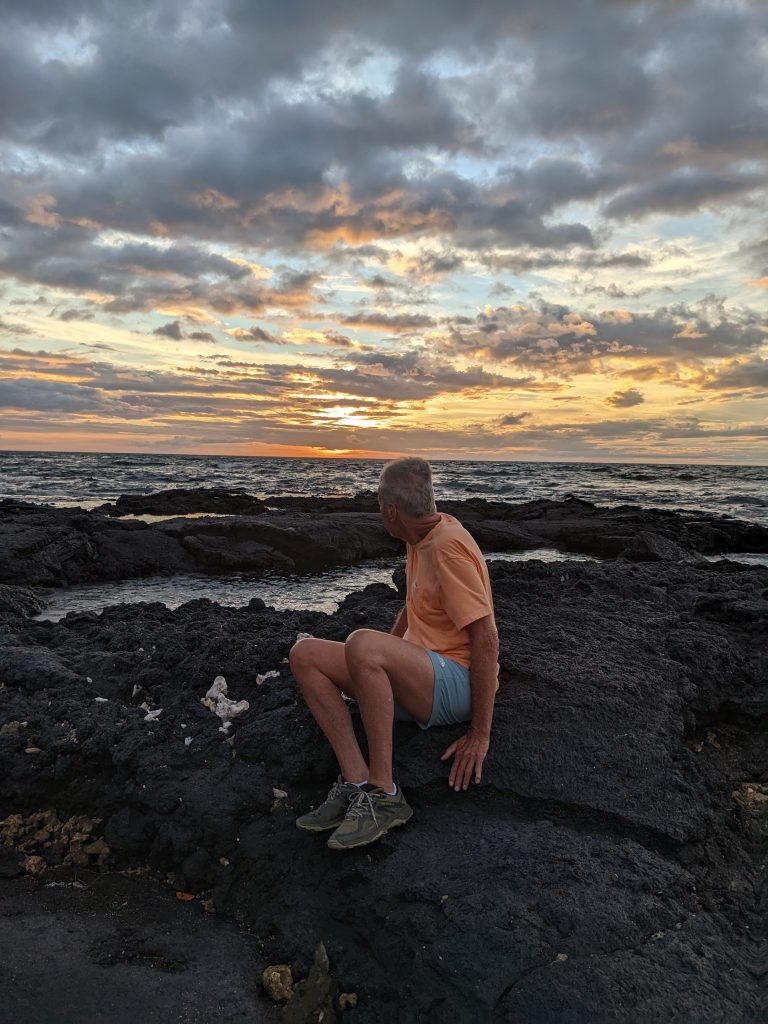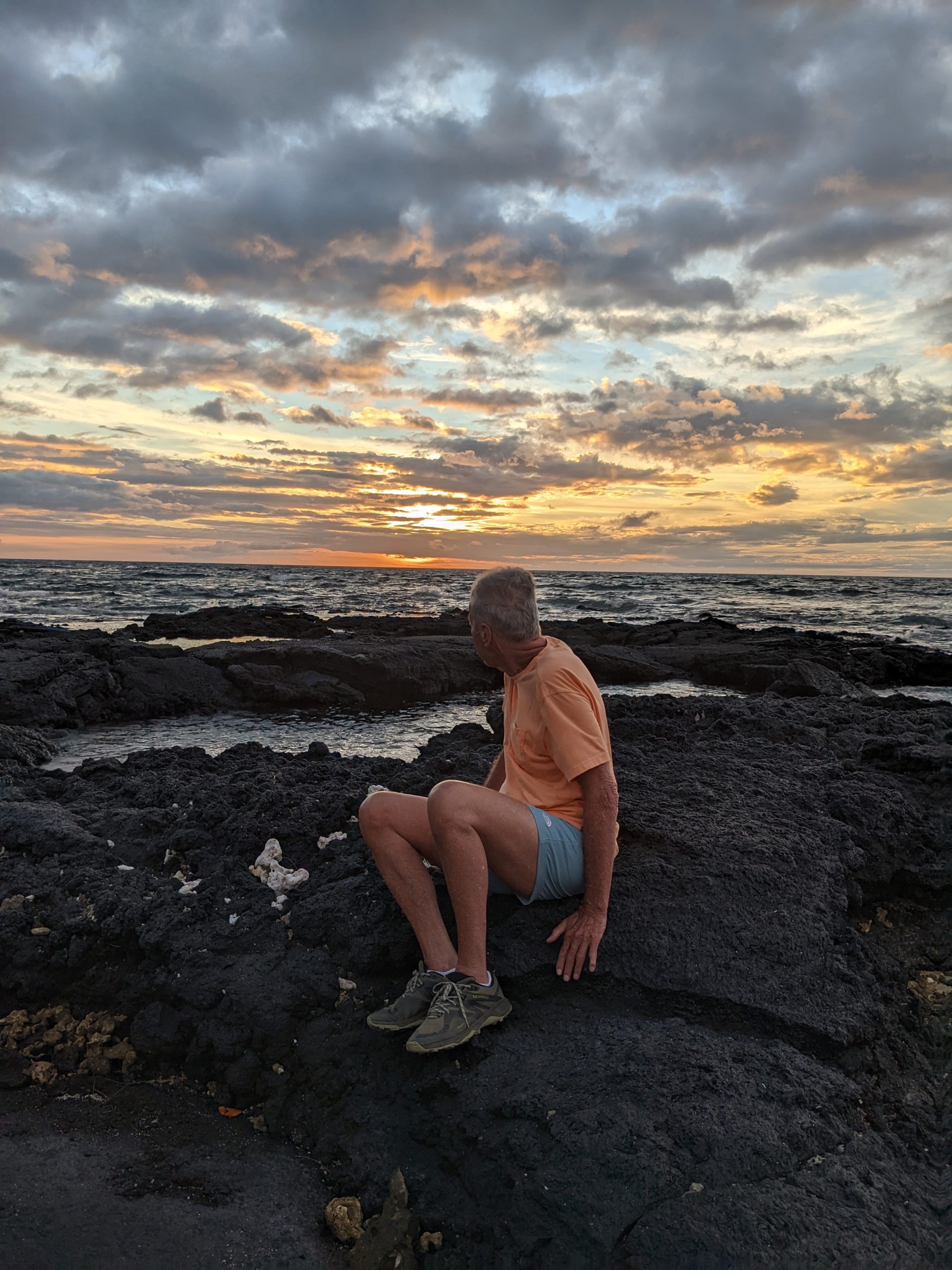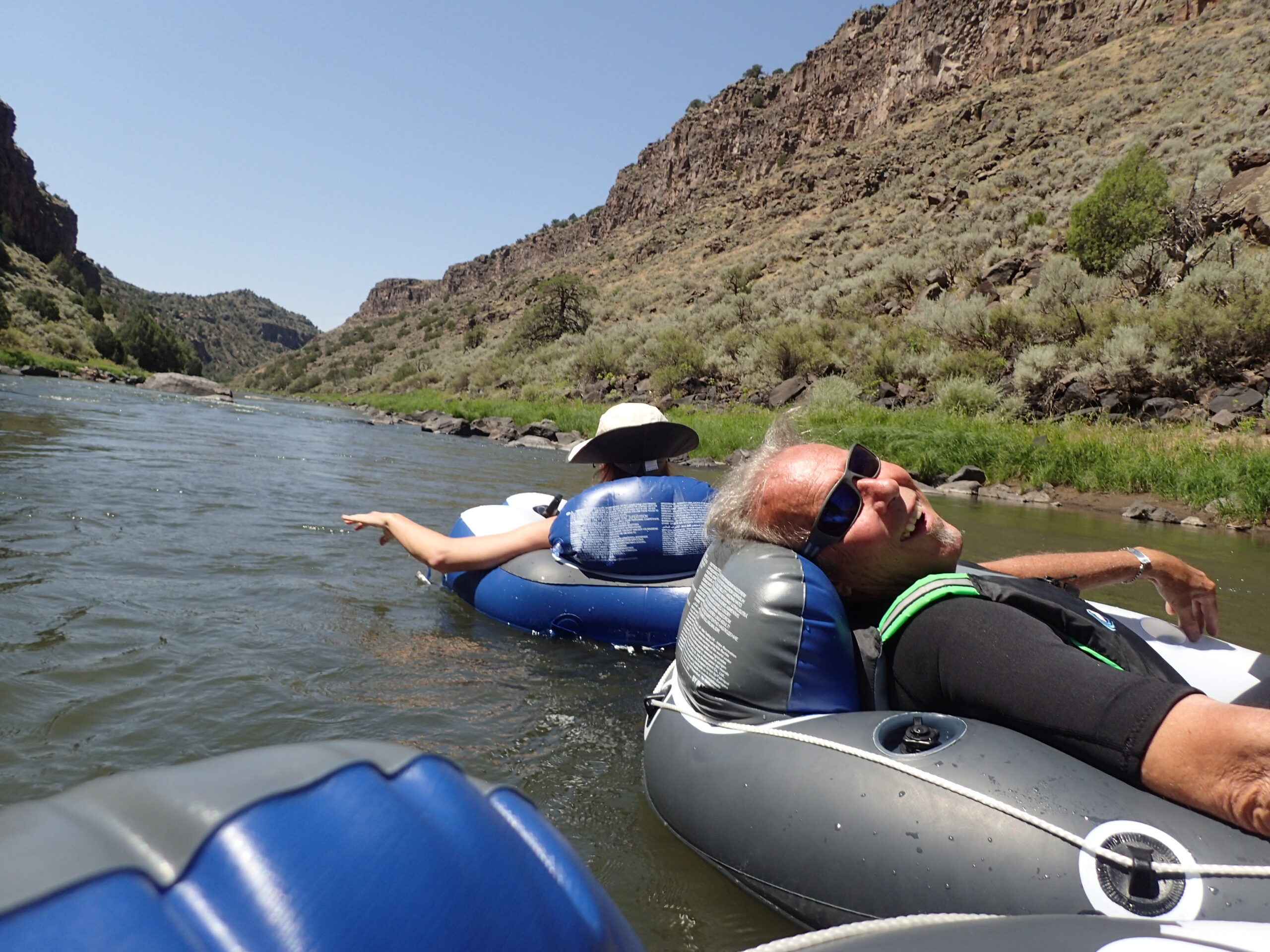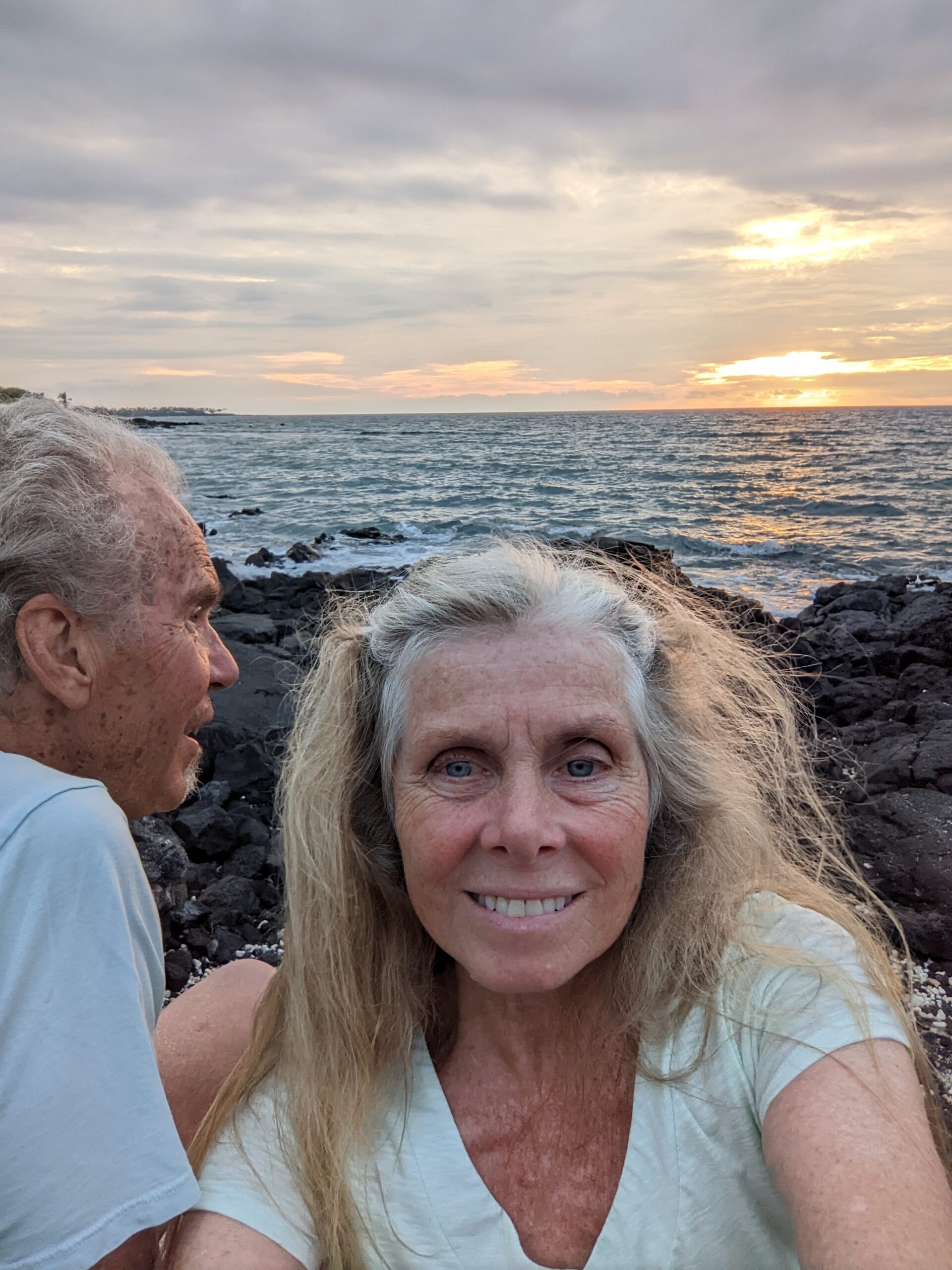
Our remedy has NOT been more medication but a shift in perspective that allows for a kind of care that addresses the ICBs without drugs. We’ve spent years honing what IS possible and adapting really fun parts of life so Andy can take part and have the actual experience of excitement, fun and independence satisfy his desires instead of dulling that desire with drugs.
Parkinson’s is both a movement disorder AND a neurological disease and this twofold simultaneous condition creates a set up for risky behavior to occur. Risky behavior and wellness don’t go together.
I don’t know if Parkinson’s disease by itself actually causes a patient to engage in risky behavior, but certainly that can be a side effect of many of the medications and treatments. On every visit to Andy’s fabulous neurologist we are both asked if he has exhibited any tendencies towards gambling, sexual promiscuity, excessive online shopping, fast driving or and other risky behaviors, also called ICB, impulsive compulsive spectrum behaviors.
This is a very real problem for many people living with Parkinson’s, and even though it has only been a minor occasional issue for Andy, I want to address it. Medications and DBS (deep brain stimulation) surgery can fire up parts of the brain that crave excitement. Many Parkinson’s patients have given up abilities they had before Parkinson’s that satisfy the natural human need for excitement and fulfillment. Needing a medication that triggers a desire for immediate gratification and stimulation without the outlets they had before Parkinson’s, is difficult. The cutting edge medical treatment is to cut down on the patient’s essential Parkinson’s medication or to add in another drug designed to tamp down impulsive behaviors.
Andy has had a lot of loss in his life because of Parkinson’s. Much of his loss is in the category of fun, excitement, and ability to act on impulse. He had to stop running, skiing, driving by himself, and many other acts of fun and independence. Instead of him calling a friend and making a plan to spontaneously meet up, then jumping in the car and stopping at the store for some smoothie ingredients before arriving at the friend’s apartment for a visit and chat about weight lifting- he is housebound and dependent.
Our remedy has NOT been more medication but a shift in perspective that allows for a kind of care that addresses the ICBs without drugs. We’ve spent years honing what IS possible and adapting really fun parts of life so Andy can take part and have the actual experience of excitement, fun and independence satisfy his desires instead of dulling that desire with drugs.
We are supportive of drug use being a choice for solving this problem but we have also been successful over eighteen years living with Parkinson’s using adaption and innovation of experience to resolve inclinations towards risky behavior.
My next blog will share some success we have had with innovation of experience. I hope it inspires other Parkinson’s caregivers to tap in to new ways for the patient to have fun and excitement in activities they previously had passion for.






I love the photo of Andy. I appreciate that you are addressing the neurological basis in this piece as it relates to behavior. It reminds me that we can do so much to understand ourselves if we are willing to heed biology and then adapt as we can. Brain science matters. Thank you.
I love that you understand the importance of the biological impact we live with and also the neurological changes from one person’s brain to another. Thank you.